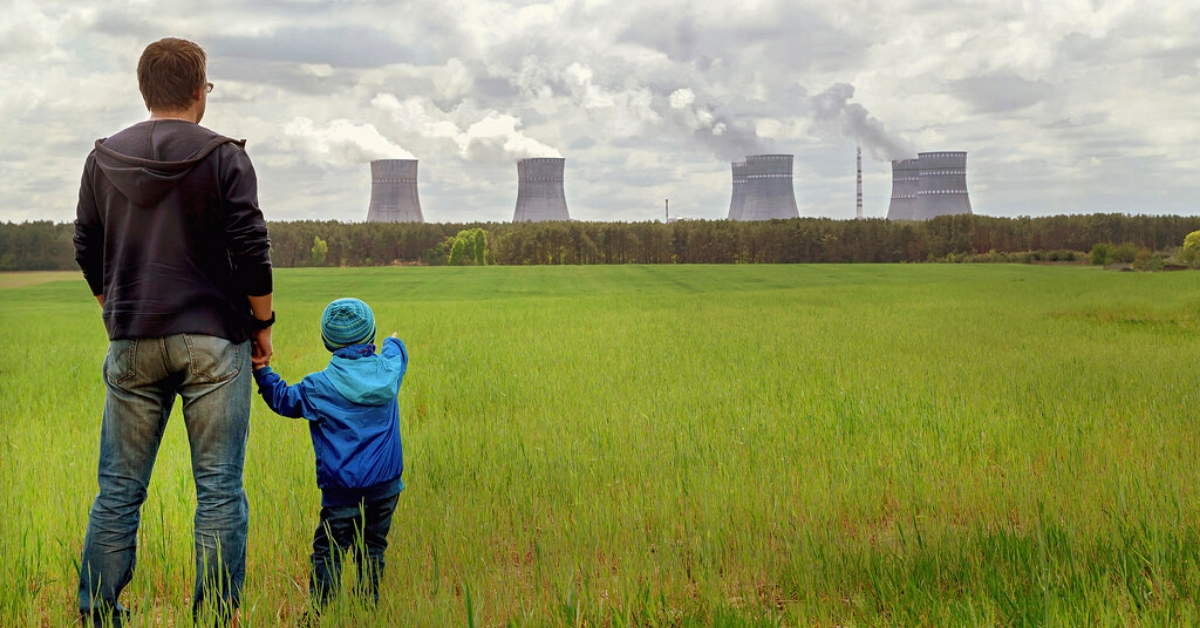
Columbans around the world see how the massive extraction of natural resources is one of the root causes of many other injustices: species extinction, climate change, and community displacement, to name a few. Examples of extractive industries include coal mining, oil drilling, fracking, cash crop plantations, and even hydroelectric dams and profit-driven renewable energy.
What extractive industries do is turn God’s glorious creation into a cheap commodity, violating the sacred relationship between God, humans, and all creation (cf. Gen 9: 8-17).
As people of faith, we believe that we must create a new way of producing and consuming that acts in harmony with nature and prioritizes the dignity of marginalized communities. This new economy must be about life over death, generosity over exploitation, and the common good over profit.
On this webpage are nine steps you can take to pray over what scripture and our Catholic tradition says about God’s creation, learn about the pervasive and often hidden impacts of extractive industries, and act in solidarity with the cries of our wounded earth and vulnerable communities.
1. Ecological Examen: borrowing from the great Ignatian tradition of examens, this Ecological Examen asks you to reflect on your personal relationship with creation, to acknowledge and amend your ways, and to promote ecological justice by standing in solidarity with those most impacted by environmental harm.
2. Novena for Earth Defenders: 83 environmental defenders were killed in 2018. 197 were killed in 2017. State forces or corporations and their security guards are targeting many more. Our faith calls us to stand in solidarity with those who are vulnerable and persecuted. One way we can do that for the courageous people who defend our common home, especially indigenous communities, is by praying a "Novena for Earth Defenders."
3. Celebrate the Season of Creation: The Season of Creation is an annual celebration of prayer and action to protect creation. The season begins on September 1, the World Day of Prayer for the Care of Creation, and runs through October 4, the Feast of St. Francis, who is the patron saint of ecology. Discover here how you and your faith community can celebrate this joyful time of year.
4. What is extractivism? Learn more about extractivism here and here: what is it and how it impacts God’s creation and vulnerable communities.
5. Extractivism, A Difficult History: Extractivism is a system rooted in a colonial and racist mindset that dates back more than 500 years. This timeline presents just some of the examples of extractive industries and its impact on communities and the environment.
6. “Purchasing is a Moral Act:” Download our consumer examination to better understand the connection between the stuff we buy and extractive industries. This examination will help you identify how the extraction of the raw materials needed to manufacture your purchases impacted workers, nearby communities, and the earth. It will also help you imagine new ways to purchase responsibly.
7. Host an Environmental Justice Workshop: this workshop will help your community listen to the “cry of the earth” in your own backyard, listen to the experience of communities impacted by environmental degradation, and discern how it can advocate to protect all life.
8. Tell the Senate to Protect Environmental Defenders: Ever years, dozens of people are killed defending the environment from extractive projects (see item 3). Tell the Senate to protect them.
9. Share this webpage with others: despite being the root cause of so many other injustices (like climate change) few people know about the pervasive and often hidden impacts of extractive industries. Yet, it is only by addressing the root causes that we can address its symptoms. Share this webpage with others to help raise awareness about this critical issue.
Copyright © 2025 Columban Center for Advocacy and Outreach, Washington, D.C.